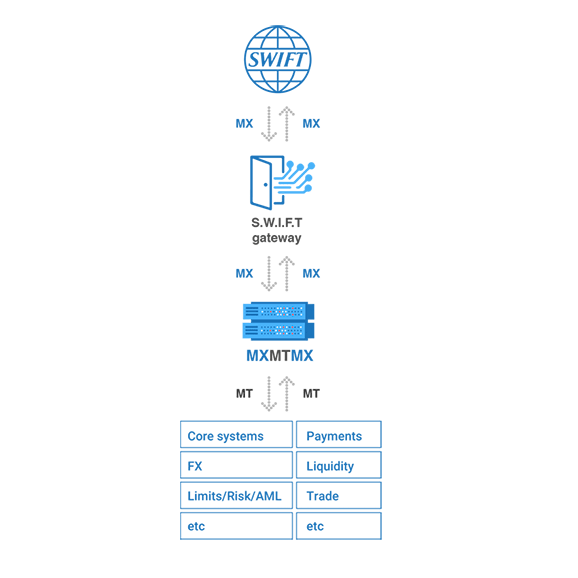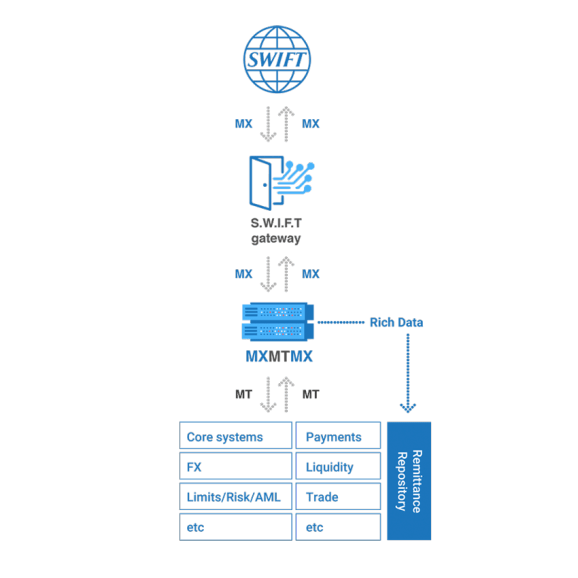- What we do
-
-
-
-
"Intellect’s continued dominance at the IBSi Sales League Table underscores its pioneering role in the fintech industry. Their commitment to innovation, exemplified by the groundbreaking eMACH.ai platform, continues to set a high benchmark in Retail Core Banking, Transaction Banking, and Lending. Intellect’s solutions are not only reshaping the present landscape but are also poised to lead the evolution of financial services globally, driving unprecedented advancements and customer-centric solutions."

Robin Amlôt
Managing Editor at IBS Intelligence
-
-
-
- Company
-
-
-
-
"Intellect’s continued dominance at the IBSi Sales League Table underscores its pioneering role in the fintech industry. Their commitment to innovation, exemplified by the groundbreaking eMACH.ai platform, continues to set a high benchmark in Retail Core Banking, Transaction Banking, and Lending. Intellect’s solutions are not only reshaping the present landscape but are also poised to lead the evolution of financial services globally, driving unprecedented advancements and customer-centric solutions."

Robin Amlôt
Managing Editor at IBS Intelligence
-
-
-
- Knowledge
-
- Our Events
- Contact Us
Africa Roundtable Event
Learn More News FlashiGTB Pulse Newsletter May 2025
Learn More News FlashHighlights of iGTB at EBAday 2025
Learn More News FlashEnhancing Corporate Payment Efficiency with SWIFT GPI Tracker powered by eMACH.ai
Learn More News FlashEmpower Digital Payments: KPI-Driven Payments with Self-Service Intelligence
Read More News FlashUnlocking Africa’s Trade Finance Potential: Driving Growth Through Digital Innovation
Read More


MXMTMX S.W.I.F.T ISO 20022 Converter

The S.W.I.F.T mandate that banks must accept and respond to MX (ISO 20022) XML-formatted messages by November 2021 gives IT teams a problem. Avoid that problem and take ISO 20022 messaging off the critical path with MXMTMX, sitting alongside your SWIFT gateway and protecting your MT-based systems
Convert MX messages to your formats and back again

- Meet the regulatory requirement painlessly
- Fast and simple to implement
- Affordable solution avoiding the need for S.W.I.F.T conversion
bureau fees - Can map to any legacy format not just MT
- Complete out-of-the-box, for message categories 1, 2 and 9.
Secure, fast and scalable
A solution you can rely on
- Communication within and outside applications secured using https and 2-way SSL protocols
- NoSQL database layer for superior performance adding and retrieving complex structured ISO data
- Microservice-based architecture and containerized deployment for high performance
- Operators architecture for seamless elastic scalability
How MXMTMX integrates
- MXMTMX receives ISO 20022 files from S.W.I.F.T or a bureau
- Mapping configurations drive conversion to MT format
- For other legacy or custom formats additional configurations can be created easily
- The bank’s payment systems generate the payment response file in MT (or legacy) format
- MXMTMX converts it to ISO 20022 and sends it to S.W.I.F.T.
- Additional MX data can be captured in sister Remittance Repository product
Handle rich client remittance data

Convert MX messages to your formats and back again
With sister product Remittance Repository, the structured data in MX messages (or supplied by API, file upload or online link) an be held for client and bank use
- Don’t lose all that useful information
- Enrich payment services with information on part payments, order numbers, supply chain data and other valuable information
- On performance-critical payment processing




























